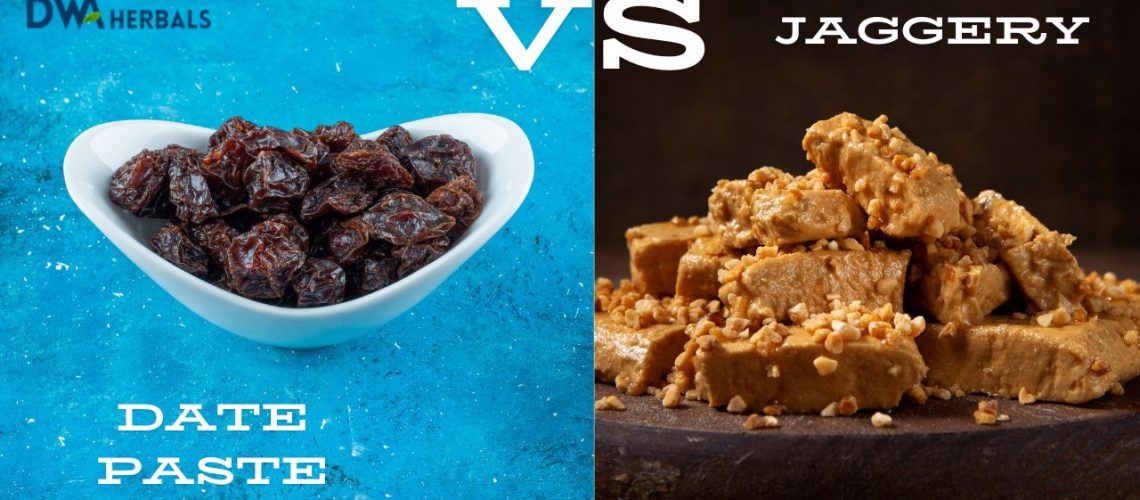
In the world of natural sweeteners, two contenders stand out: date paste and jaggery. Both offer an alternative to refined sugar, boasting various health benefits and unique flavors. However, when it comes to choosing between the two, date paste emerges as the clear winner for several compelling reasons.
In conclusion, while both date paste and jaggery offer natural alternatives to refined sugar, the former emerges as the healthier, more versatile, and environmentally friendly option. With its superior nutritional profile, lower glycemic index, and ease of use, date paste rightfully earns its place as the preferred sweetener in the pantry of health-conscious consumers and culinary enthusiasts alike.
So, the next time you reach for a natural sweetener, consider indulging in the rich, caramel-like goodness of date paste—it’s a choice your taste buds and your body will thank you for.
Dr Sushil is a researcher and founder of D WA Herbals with objective of providing healthy longevity to society. His aim is to develop food and drink-based products by using the inherent qualities of traditional herbs by optimizing their effect through modern technology, making our products extremely user-friendly. The research is focused on various lifestyle issues such as anxiety, stress, metabolism, digestion, immunity and may more which impact the health and lifestyle.
© 2023 DWA HERBALS. All Rights Reserved. Designed by NXlogy